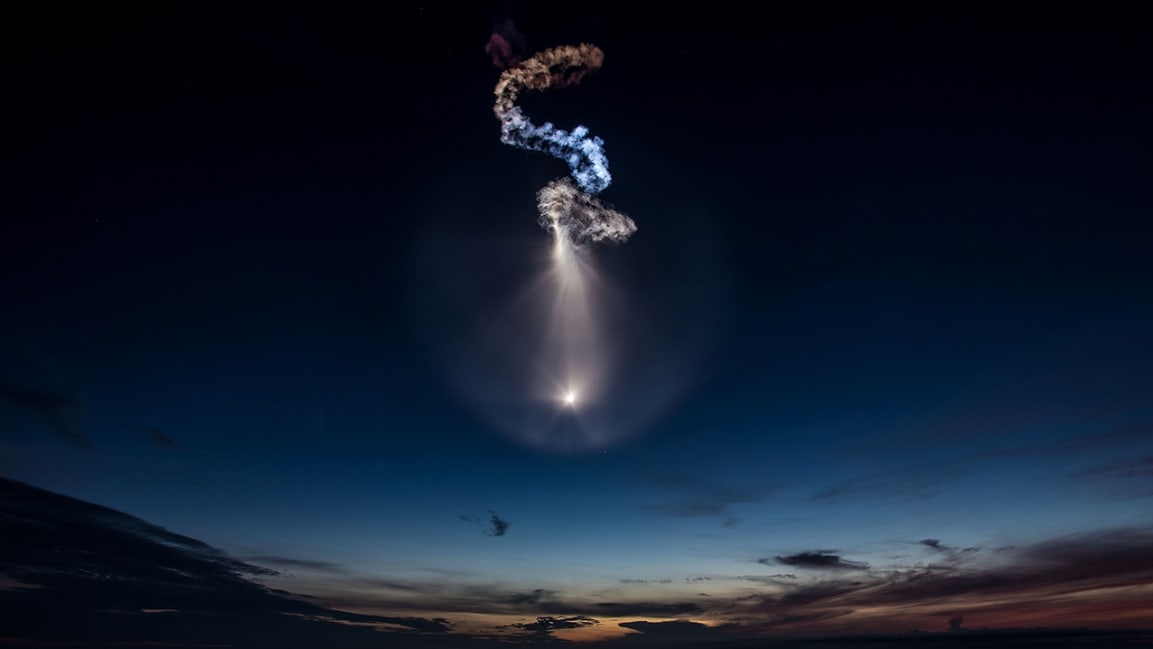Report: Elon Musk fired a bunch of SpaceX execs in Starlink shakeup
Between Tesla, SpaceX, the Boring Company, tweeting, and appearing on podcasts, Elon Musk apparently doesn’t have enough on his plate. In June, he reportedly flew to Redmond, Washington, and fired a whole bunch of engineers working on SpaceX’s Starlink program in order to get the satellites into space by the middle of next year, according to Reuters. (A spokesperson from SpaceX disputed the timeline reported by Reuters.)
If in the current news cycle you have forgotten where Starlink fits into Musk’s expansive dossier, it’s the satellite internet company meant to compete with companies like OneWeb and Canada’s Telesat. While companies like HughesNet have offered satellite internet to rural areas for years now, based on experience, the service is slow, spotty, and susceptible to whims of weather, making it really hard to stream The Shining when stuck in a remote ski lodge in a snowstorm.
The new satellite internet would improve on the old model by launching a constellation of satellites that work together to bring reliable, efficient, affordable, high-speed internet to rural and suburban locations around the world. Back in March, the FCC granted SpaceX a license to construct, deploy, and operate its satellite constellation, the first U.S.-based company to receive one.
According to Reuters, getting Starlink up and running–and with a base of paying customers forking over cash–is key to generating the revenue that SpaceX needs to fund its missions to the moon and eventually Mars.
However, Musk was unhappy with the pace of the project and decided to shake up the Redmond office by firing Starlink engineers and putting in a new team that will hopefully get Starlink’s satellites in space by the middle of next year, Reuters reports.
Reached for comment, a SpaceX spokesperson offered the following statement:
“The SpaceX Redmond office is an essential part of the company’s efforts to build a next-generation satellite network that can link the world with reliable and affordable broadband service, reaching those who have never been connected before. Given the success of our recent Starlink demonstration satellites, we have incorporated lessons learned and re-organized to allow for the next design iteration to be flown in short order. This is a very similar approach of rapid iteration in design and testing which led to the success of Falcon 1, Falcon 9, Falcon Heavy and Dragon.”
The headline of this article has been corrected to reflect that managers, not “execs,” were let go from SpaceX.
(41)



